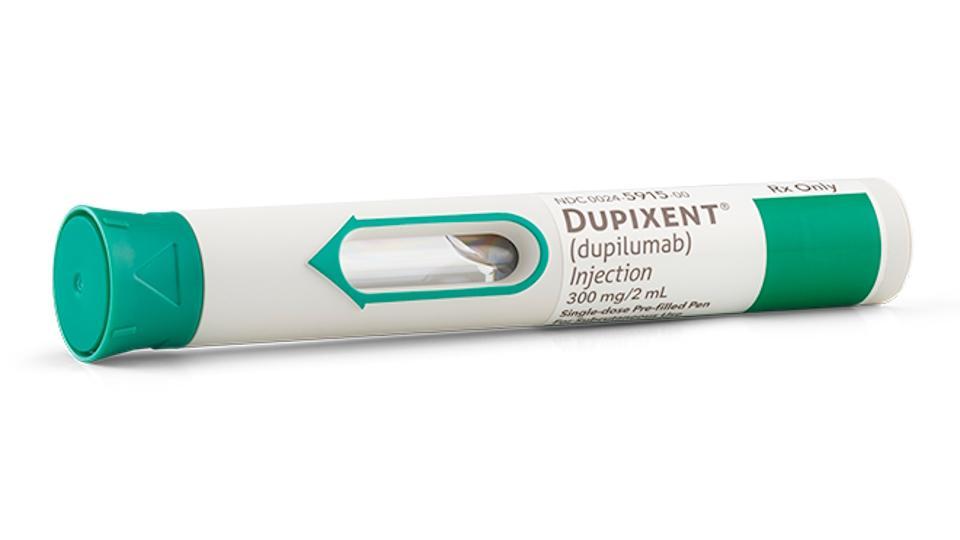Sanofi's Dupixent gets FDA nod for chronic hives indication

Sanofi and Regeneron's Dupixent (dupilumab) has been approved by the FDA for the treatment of chronic spontaneous urticaria (CSU), a condition that causes painful hives that often don't respond to antihistamines.
It's the seventh approved indication for the IL4 and IL13-inhibiting monoclonal antibody, which is already a blockbuster for Sanofi. CSU has also not had a new treatment approved in more than a decade. Novartis's Xolair (omalizumab) was approved back in 2014 and is close to patent expiration in the United States.
“Dupixent is the first new targeted treatment for chronic spontaneous urticaria, or CSU, in over ten years, with pivotal trials demonstrating its ability to help patients significantly reduce the hallmark symptoms of intense itch and unpredictable hives associated with this disease," George D. Yancopoulus, president and chief scientific officer at Regeneron, said in a statement.
He continued: "With this FDA decision, Dupixent is now approved for seven chronic, debilitating atopic conditions driven in part by underlying type 2 inflammation, several of which have been shown to co-morbidly occur with CSU, such as atopic dermatitis and asthma – providing patients with one treatment that might help multiple atopy conditions. We look forward to bringing Dupixent to the more than 300,000 CSU patients in the US with inadequately controlled disease on standard-of-care treatment who, until now, had limited treatment options.”
The approval is based on two studies from the LIBERTY-CUPID phase 3 programme. They evaluated the efficacy and safety of Dupixent as an add-on therapy to standard-of-care antihistamines compared to antihistamines alone. The studies demonstrated reductions in itch severity and urticaria activity compared to placebo at 24 weeks, as well as an increased likelihood of well-controlled disease or complete response in that same timeframe.
Two years ago, the FDA rejected Dupixent in CSU after it failed to show sufficient efficacy data, though the drug did secure approval in Japan around that time.
While Dupixent and Xolair are both injectables, Sanofi is also pursuing an oral BTK inhibitor for the treatment of CSU, which could potentially provide a better treatment experience for patients. It's prospect rilzabrutinib, acquired as part of its $3.7 billion buyout of Principia Biopharma, posted positive phase 2 data last February.
However, rival Novartis is also pursuing an oral BTK inhibitor and looks likely to beat Sanofi to market.
Dupixent is clearly effective in a wide range of inflammation-related diseases. It is currently approved for certain patients with atopic dermatitis, asthma, chronic rhinosinusitis with nasal polyps, eosinophilic esophagitis, prurigo nodularis, CSU, and chronic obstructive pulmonary disease.












